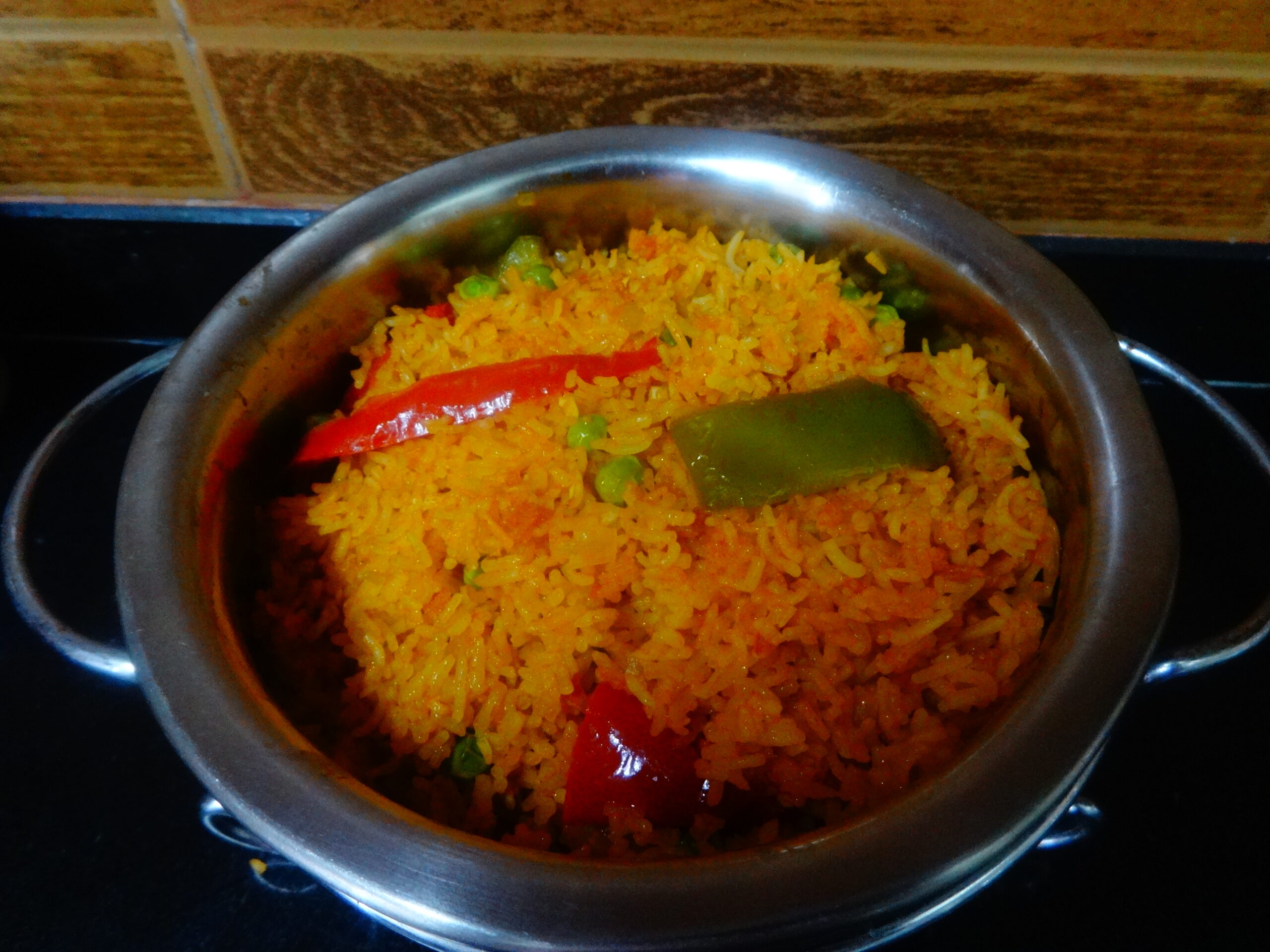14 May, 2025
[huge_it_share]
African Safari Cuisine: What Foodies Can Expect To Eat

Embarking on an African safari is not just a journey through breathtaking landscapes and encounters with majestic wildlife-it’s also an adventure for the taste buds. African safari cuisine offers a rich tapestry of flavors, influenced by diverse cultures, indigenous ingredients, and traditional cooking methods. From savory game meats and freshly caught fish to vibrant vegetable dishes and aromatic spices, foodies can expect an array of authentic, hearty meals that reflect the continent’s culinary heritage. Whether dining under the stars at camp or enjoying gourmet fare at a
luxury lodge, every meal promises a unique and memorable taste of Africa
Embarking on a wildlife adventure doesn’t mean sacrificing culinary experiences.
In fact, for many travelers, the local food is just as unforgettable as the game drives. African safari cuisine offers a flavorful journey across diverse regions, traditions, and ingredients. From hearty stews to freshly grilled meats and locally grown produce, every dish tells a story of the land and its people. Let’s explore what foodies can expect to eat on an African Safari.
Safari Lodge Dining:
International Meets Local Flavor Safari lodges blend African ingredients with international flair. Skilled chefs prepare
menus that cater to a wide variety of palates, offering common dishes, like roasted chicken and pasta, alongside traditional African staples.
Breakfast typically includes eggs, fresh fruit, toast, and coffee or tea. Lunch and dinner bring out more regional ingredients—expect tender cuts of venison, spicy soups, or grilled fish served with rice and vegetables. While the atmosphere is rustic, the cuisine is thoughtfully prepared and beautifully presented, making every meal a great experience.
Traditional Dishes Served Around the Fire
Many safari experiences include a boma dinner, or an outdoor meal served around a
fire under the stars. These communal gatherings demonstrate African hospitality and feature authentic dishes, such as pap (a maize-based porridge), nyama choma (grilled meat), and sukuma wiki (collard greens sautéed with onions and spices). This dinner is where the cultural immersion deepens. You’re tasting incredible food and experiencing centuries of culinary tradition. Dinners might be accompanied by local beer or South African wine, adding another layer of enjoyment to the evening.
Regional Specialties Worth Savoring
African cuisine is as vast and varied as the continent itself. If your safari includes time in East Africa, you might enjoy ugali with beef stew or tangy kachumber salad. In southern regions, smoked meats and corn-based dishes dominate. In West Africa, foodies will want to try West African jollof rice, a savory one-pot meal often made with tomatoes, onions, peppers, and meat or seafood. These regional dishes will satisfy your appetite while highlighting the agricultural and cultural heritage of each area.
Jollof rice
Durban crab curry
Dietary Options and Culinary Surprises
Safari camps and lodges usually accommodate dietary needs. Vegetarian, vegan, gluten-free, and allergy-sensitive meals are available if requested in advance. You might even find creative surprises, like freshly baked bread, fruit preserves made on-site, or desserts flavored with cardamom or ginger. The attention to detail in safari cuisine ensures that every guest is cared for, whether you’re an adventurous eater or someone who prefers to keep it simple. Understanding what foodies can expect to eat on an African safari will give you better peace of mind during your stay. You’ll experience the flavors, cultures, and hospitality of your chosen destination.
If you’re honeymooning on an African safari, sharing these meals with your partner adds to the romance. Whether you’re sipping wine under the stars or enjoying a fireside meal, every bite will bring you closer to the heart of Africa.
(53)


